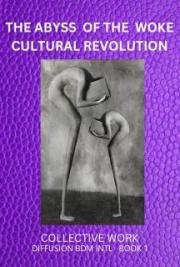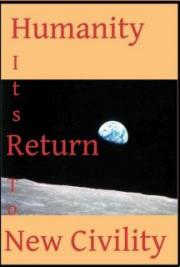Chapter Twelve
Summing it all up
We have come a long way since Limits to Growth1) some forty years ago. The early Cassandras have ad- equately warned us of the risks of continuing to live as the world was at that time. We are now seeing the approach- ing reality of a declining civilization. Previous civiliza- tions have come and gone, of which we are now well aware. The question is then, what can we do now to prevent, mitigate or at least to ease the pain of what lies ahead?
The continuing increase in world population needs to be dealt with. We have seen in a previous Chapter how some jurisdictions have indeed managed to control birth rates and stabilize growth. Family planning can succeed if the people will fully embrace it. Also it would be help- ful to raise the literacy level of the poorest populations, where the growth is inevitably the highest. It has been amply demonstrated that educated societies tend to have a higher standard of living and have less children per family.
Increasing resource consumption also needs to be dealt with. Previous civilizations, like the Sumerians and those in Easter Island consumed the resources they de- pended upon and eventually died. Present data shows that the current world food supply on a per capita basis is steadily declining.2) Over-consumption of other goods, particularly fossil fuels, is creating a steadily increasing global warming. All such signs point to serious impacts on our global future.
There are two ways that we can take to create a better future. One is to be active in influencing others to change for the better, contacting key influential persons, organizations and the media to create increased awareness of future problems and solutions. This is an important role. Then there is the other way to deal with the changing future. It is to prepare oneself and one's community for coping with local change as the future unfolds.
Cities for example, will become less hospitable as both overcrowding and reduced services steadily increase. Consideration should be given to "de-urbanization" and the desirability of moving to a smaller community with a local agricultural base and access to fresh water. Religious communities like the Amish and Mennonites have estab- lished themselves in eco-friendly conditions. Other social systems that live lightly on the Earth are increasing in numbers and availability.
But are these measures enough to stem the rapid decline in our global civilization? I think not. As long as political and business leaders put the economy ahead of ecology, then the decline will continue. A whole new way of thinking is called for. And it is clearly urgent, as our modern Cassandras are telling us. The "hinge of history" is upon us and revolutionary changes in attitudes and actions are required to save civilization. It has to be a whole New Ethic for Humankind. So let us take coura- geous steps now and not fail the generations that follow.
REFERENCE
1) Meadows, Dennis & Donella, Limits to Growth, Universe Books, N.Y., 1972
2) Brown, Lester, Plan B 3.0, W.W.Norton & Co., New York, 2008















